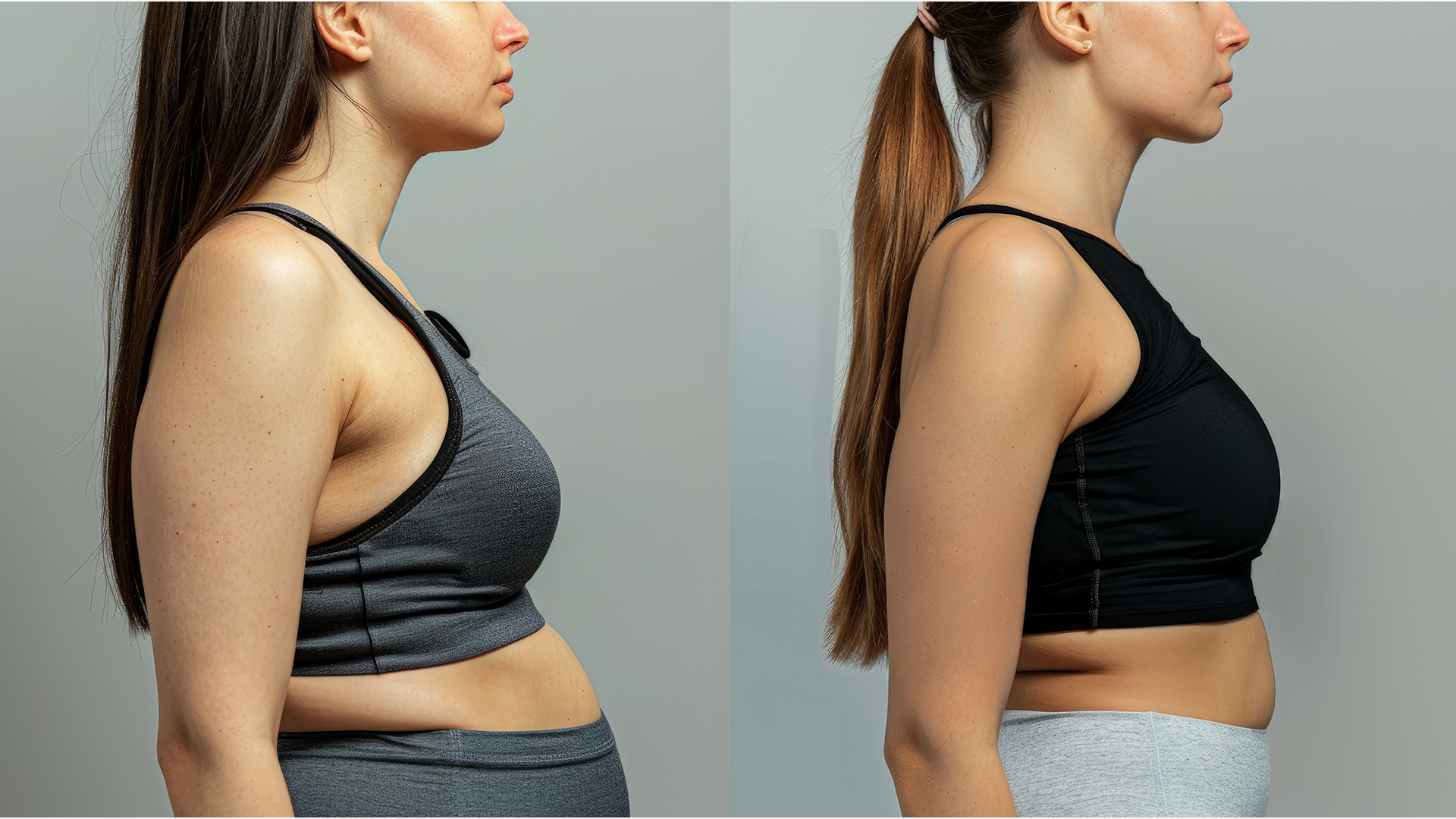Things you’ll learn in this blog |
We have all heard a friend or relative complain about a slow metabolism and blame this for unwanted weight gain.
We all know that diet and exercise impact weight loss, but there are other factors that come into play, our metabolic rate being one of them.
Is there such a thing as a slow metabolism?
And what does metabolism actually mean?
What is metabolism?
Metabolism is a bodily process that converts the calories we consume in food into energy for our body. This process is known as energy metabolism. We are constantly burning calories, even if we lay in bed and did nothing all day, we would burn a significant number of calories as a minimum. This minimum is referred to as our basal metabolic rate or our resting metabolic rate.
Having a fast or slow metabolism refers to how quickly our body is able to do this conversion. If someone has a fast metabolism, they can quickly release the calories they eat or drink to perform tasks such as walking, running, typing, thinking or even fidgeting. Generally, they will have higher energy levels making it easier to do these tasks.
If someone has a slow metabolism, it takes their body longer to release energy from food. Someone with a slow metabolism is more likely to feel tired and sluggish, meaning that they feel less able to perform certain tasks, particularly exercising.
Our metabolic rate naturally slows down as we age and some medical conditions such as having an under-active thyroid or Cushing’s syndrome can have an impact on a person's metabolism.
What part does metabolism play in weight gain?
Your metabolic speed does have a small impact on weight gain, and some people find it easier to lose weight than others. Age is one of the biggest factors when it comes to metabolic speed, it is much easier to be very slim at 20 than at 40!
However, a slow metabolism can’t really be blamed for significant weight gain, even when a medical condition causes it.

Our diet, calorie intake and exercise are much more important than how fast our body converts food into energy. Eating a balanced diet full of nutrient-rich foods provides your body with calories that are more readily available as energy, meaning our body is less likely to store these calories as body fat. A healthy diet also gives you more energy to exercise, and this, in turn, burns more calories, helping you to maintain a healthy weight.
Can I speed up my metabolism to burn more body fat?
There are some things you can do to influence your metabolic rate.
Increasing physical activity
The more you exercise, the faster your metabolism becomes. If you have a higher metabolism, you will also feel you have more energy to exercise so you are more likely to do it. Creating exercise habits can be tough at first, but the more you do it, the easier it will get, and the more you will benefit.
Eating more
It may sound strange… but eating more will increase your metabolism. However, the effects are fairly minimal. If you are eating 500 extra calories per day, your body won’t suddenly start to burn 500 more calories. Although you might feel you have more energy to exercise, leading you to work out more, this only really works if you weren’t getting enough energy from your food in the first place.

This point is more about avoiding dramatic under-eating. Eating very little can reduce your metabolic speed, so diets that are very low in calories can actually hamper your progress in the long run. Calorie-restrictive diets are hard to maintain, particularly because you have to keep eating less and less to continue seeing results as your metabolism slows.
A good guide is to limit weight loss to 1-2 pounds per week to avoid putting your body into starvation mode, which ‘panics’ your metabolism and slows it down.
Increasing lean muscle mass
We’ve all heard the saying “muscle burns more than fat,” and it is absolutely true. In order to maintain muscle, we need energy, so our body uses up some of the calories we eat simply to keep muscle intact. The same isn’t true for fat stores.
Weight training, or any exercise that increases your muscle mass, will change your body's muscle-to-fat ratio and the higher your muscle-to-fat ratio, the faster your metabolism will be. As with the other two points, this increased speed is somewhat minimal. So if you suddenly start increasing your muscle mass, don’t assume you significantly increase your calorie intake due to a faster metabolism. Instead, make sure you eat a balanced, healthy meal 2-4 hours before exercising to give you the fuel you need to perform your workout. Similarly, ensure you enjoy a high-protein snack or meal after your workout.
Eating fewer calories but still can't lose weight?
If someone is overweight, it is usually the result of eating too many calories and not exercising enough, leading the person to burn fewer calories than they consume.
While some people do have a slower basal metabolic rate, this can be overcome by eating a healthier diet and creating a calorie deficit i.e., eating fewer calories than you consume.
However, it does get harder to lose weight as we age, and it is normal to gain weight as the years go by. If you have a busy lifestyle, meticulously planning meals and counting calories isn’t an option. Losing weight is an uphill battle, and it can take a long time to achieve your goal weight.
Fortunately, there is something that can help. PhenQ is scientifically proven to boost your energy, helping you to get active and burn more calories. It also contains ingredients that suppress your appetite and curb craving, making staying consistent with your diet much easier. Give it a try!


